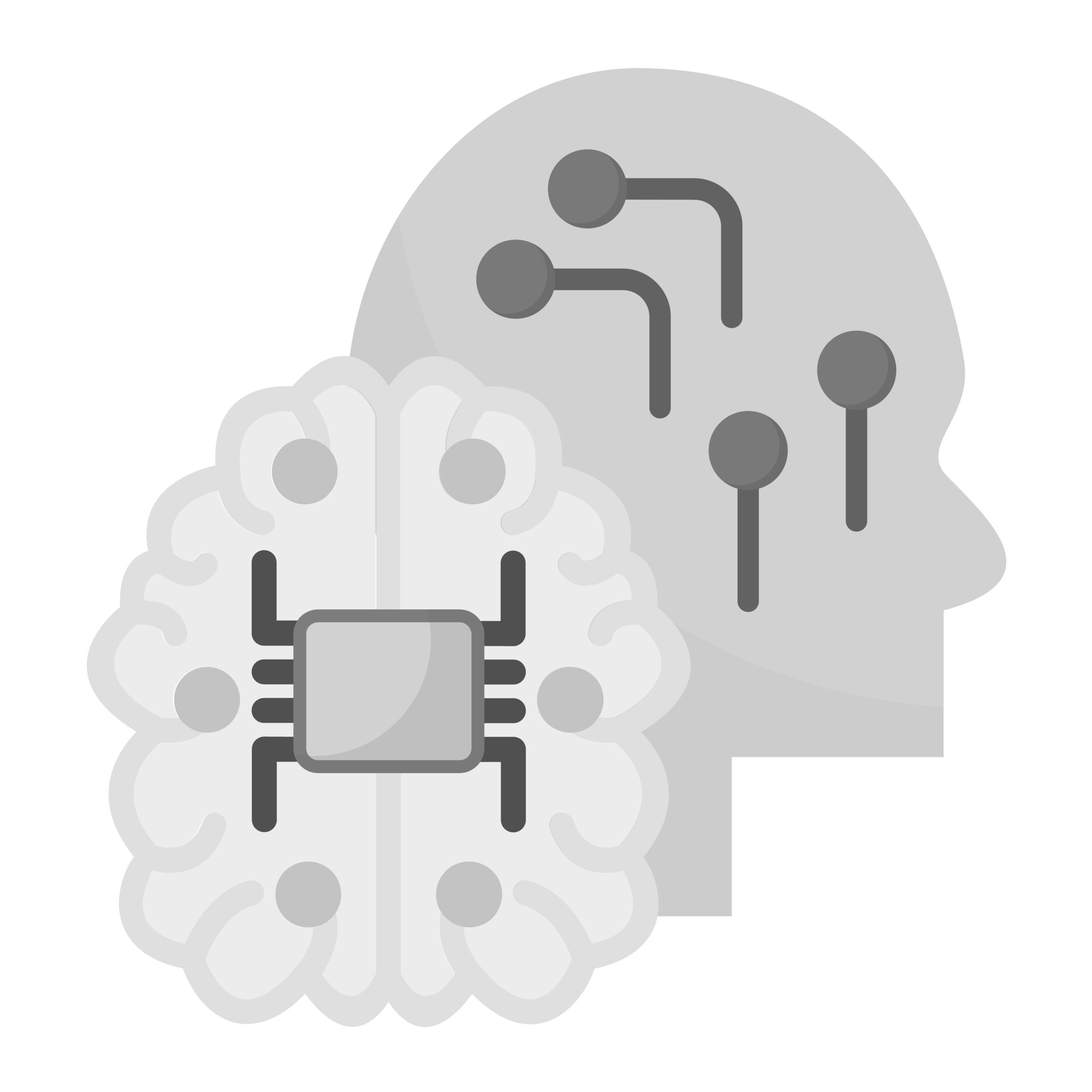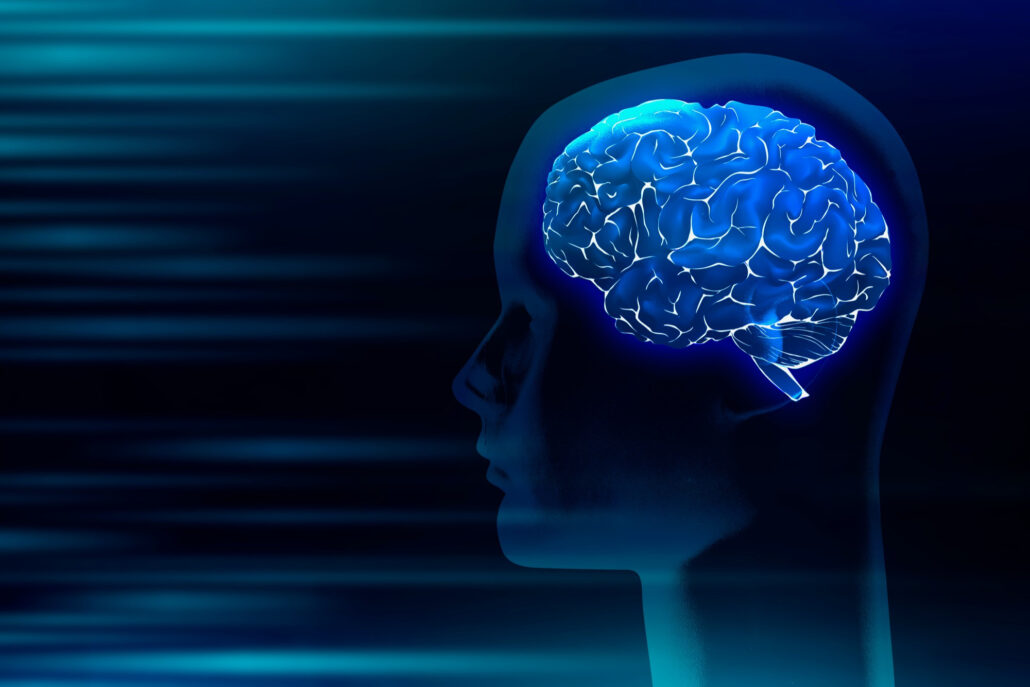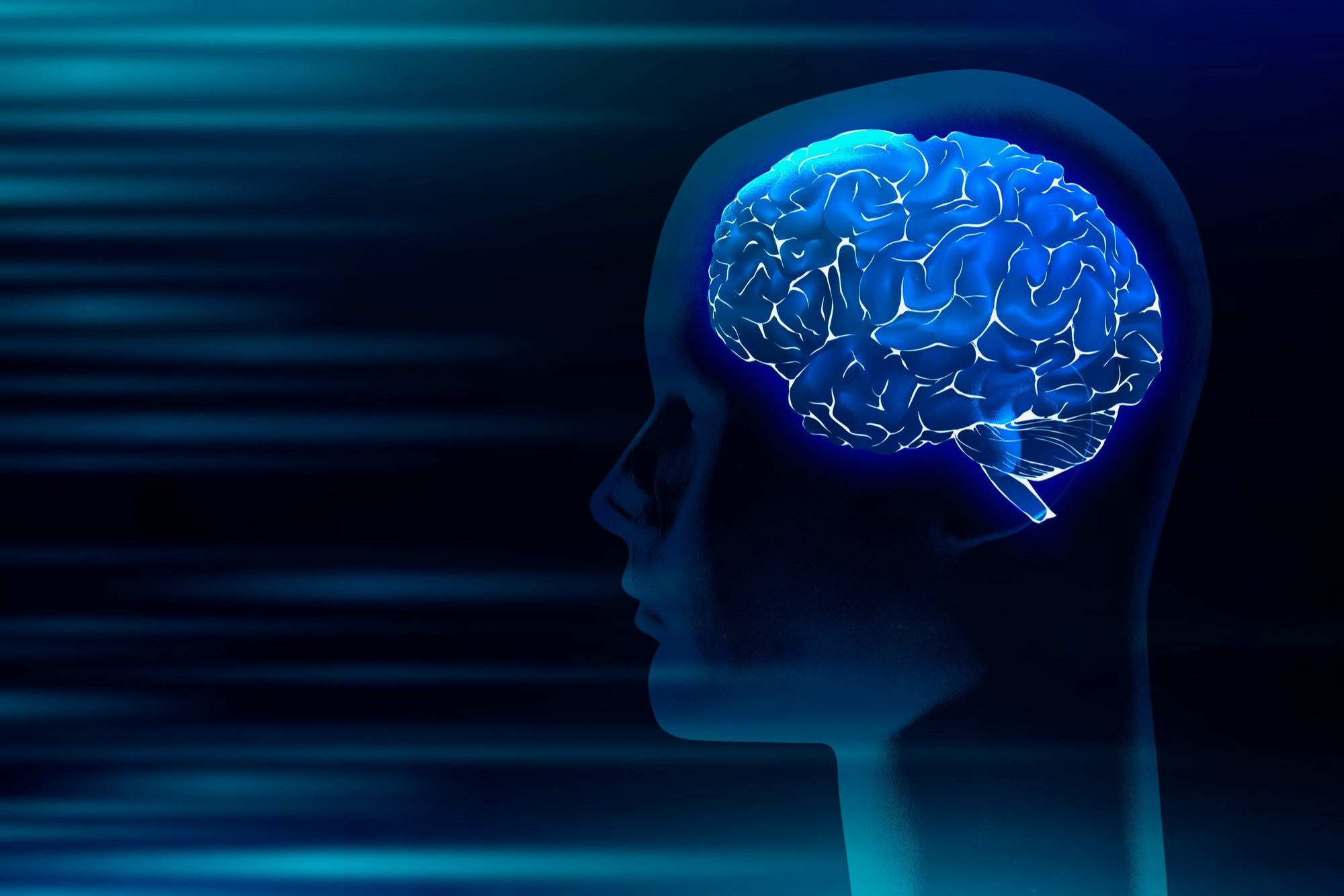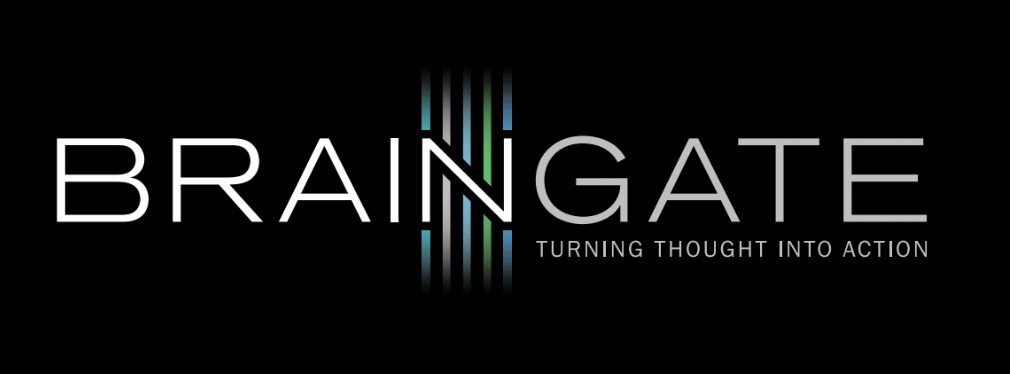BrainGate2
Researchers are evaluating a new technology that may allow an individual to control a computer cursor, or create text, just by thinking about moving your hand or speaking.

Fast Facts

Diagnosed With Quadriplegia Or Anarthria

18-80 Years Old

Compensation Provided

Conducted in Boston, Providence, Atlanta, Palo Alto, Sacramento
Study Background
Can you move a computer cursor just by thinking?
The BrainGate study tests an investigational medical device, the BrainGate Neural Interface System (the BG System), to see if it is safe and if it might help other people with paralysis.
The BG System is designed to use signals from the brain to allow an individual with paralysis to control a computer cursor or other assistive technologies just by thinking about the movement of their hand or thinking about talking.

Study Background
Can you move a computer cursor just by thinking?

The BrainGate study tests an investigational medical device, the BrainGate Neural Interface System (the BG System), to see if it is safe and if it might help other people with paralysis.
The BG System is designed to use signals from the brain to allow an individual with paralysis to control a computer cursor or other assistive technologies just by thinking about the movement of their own hand or thinking about talking.

Additional Information
The purpose of this study is to assess the safety and feasibility of the BrainGate Neural Interface system to restore communication, mobility, and functional independence in people with paralysis.
The BG System is experimental. It can only be used as permitted by the U.S. Food and Drug Administration in research. The surgical procedure to put the sensors into the brain is also experimental and can only be performed for research.
There may be no direct benefit to you, but your participation could help doctors and scientists develop better technologies for people with disabilities, by using brain signals to control a computer cursor, communication devices, powered wheelchairs, prosthetics, or robotic limbs.
You may qualify for the study if you meet the following criteria.
Inclusion Criteria:
- 18-80 years old
- Diagnosed with quadriplegia and/or anarthria
- Condition is due to spinal cord injury, brainstem stroke, muscular dystrophy, or motor neuron disease (ALS)
Additionally, participants must live within a 3-hour drive of one of our clinical research sites to be eligible to enroll. Clinical research sites are located in Boston, MA; Providence, RI; Atlanta, GA; Palo Alto, CA; and Sacramento, CA.
Surgery
If you qualify, neurosurgery is required to implant the BrainGate sensors in the areas of your brain that control hand movement and/or speech and to secure connectors for the BG system to your head. After 1-2 nights of observation in the hospital after surgery, you will be discharged home.
At Home Visits
A clinician will visit you once a week for the first 6 weeks, and once a month for the duration of the study. Research sessions testing the BG System occur 2 or 3 times per week according to your schedule. You may also be able to use the system on your own.
The BG System includes a cart, computers, and monitors.
We will test and adjust the BG System so that we can record the brain activity associated with intended movement or speech.
Study Duration
The duration of the clinical trial is 13 months. Participants may have the option to continue in the trial following the completion of this period.
You will not be paid for your study participation.
There is no cost for you to participate in our research study. All study-related medical expenses will be paid for by the research team.
Partner Institutions

